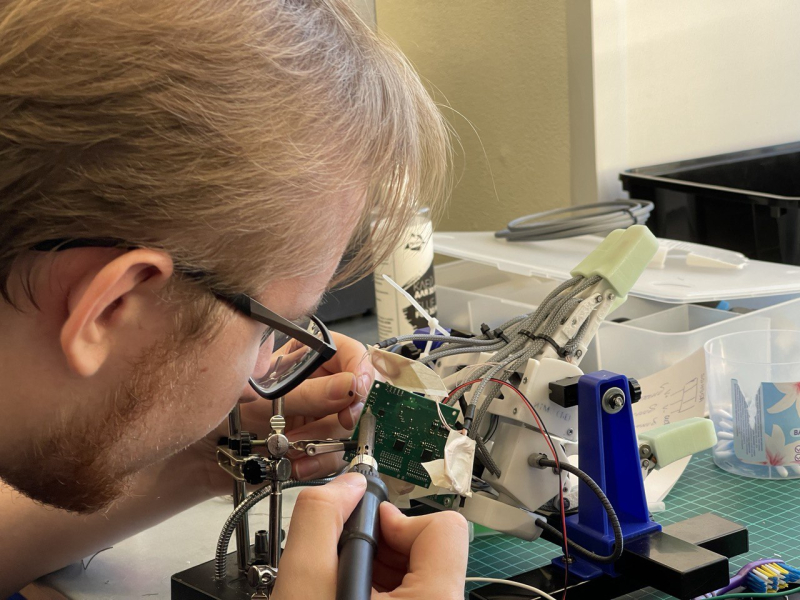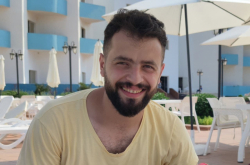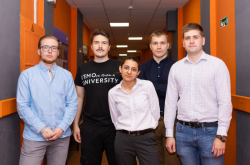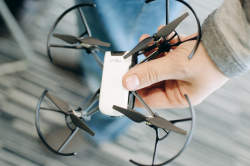Since July, one of the laboratory’s key teams has been headed by Ivan Borisov, PhD, an associate professor at ITMO’s Faculty of Control Systems and Robotics. The core of the team is made up of graduates of the joint Master’s program and current PhD students: Jaafar Mahmoud, Dmitry Ivolga, Malik Mohrat, and Kirill Nasonov. All of them will work at the lab as lead developers.
The aim of their work is quite ambitious – to create a versatile “brain” and a body for a robot along with a software stack compatible with different motion platforms and manipulators. Development will be conducted at the intersection of robotics and AI with the involvement of modern design systems, sensor technologies, computer vision, and algorithms and systems for machine learning and control. ITMO University’s Laboratory of Biomechatronics and Energy-Efficient Robotics has some of the best teams in the country in terms of expertise on these subjects. Robotics experts from ITMO regularly present the results of their work at major international conferences: this year, they were the sole Russian participants of ICRA (International Conference on Robotics and Automation) – the largest and one of the most prestigious conferences in the field.
To imagine the sheer scale of the research, one need only consider that Sberbank’s Robotics Laboratory aims to hire up to 200 new staff members for the purpose of its completion. A large part of these new hires are expected to be graduates of the joint ITMO-Sberbank Master’s program; throughout their studies, they have already acquired crucial competencies and undergone intensive practical training. Prospective employees will also be scouted from among the current applicants to the program. There are already openings for middle- and senior-level developers (link in Russian) of control and optimization systems, as well as ML algorithms and models – especially those involving reinforcement learning, computer vision, localization, and mapping.
As part of its partnership with ITMO, Sberbank plans to develop a joint staff training system based on research-driven project learning.
“We’ve managed to build a mutually beneficial relationship. And in light of Sberbank’s new ambitious plans for robotics, we expect it to grow even deeper. Our task is not only to preserve, but to scale up ITMO’s experience with training a new generation of qualified specialists who will strengthen our laboratory in the near and distant future. This entails the implementation of joint research projects involving Master’s and PhD students and top ITMO staff, as well as the development of an internship program,” – comments Alexey Gonnochenko, the head of Sberbank’s Robotics Laboratory.
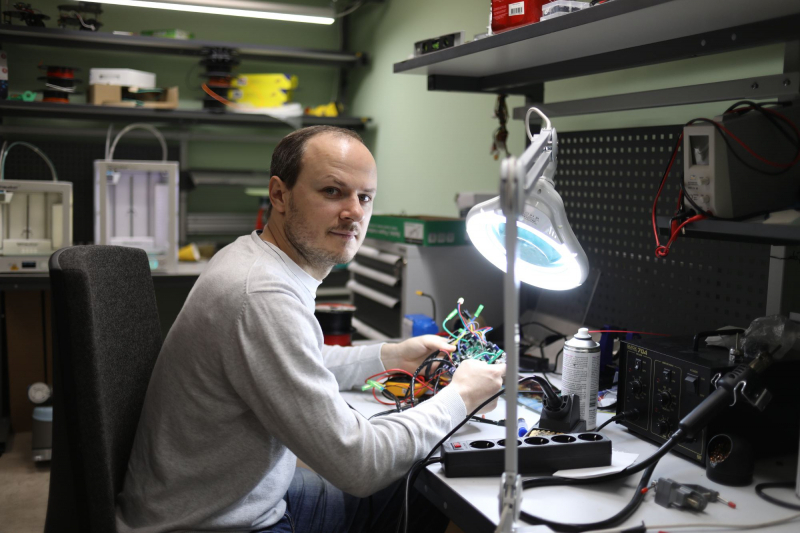
Alexey Gonnochenko. Credit: ITMO.NEWS
See also:
First Graduates of ITMO and Sberbank’s Corporate Master’s Program in Robotics Discuss Their Projects
ITMO Scientists Suggest New Method to Make More Adaptive and Autonomous Robots
ITMO’s Team Wins Hackathon at International RoboFinist Festival
According to Ivan Borisov, this new stage of ITMO and Sberbank’s partnership – one in which they not only maintain a joint educational program, but also work together to develop new technological fields on the market – is but a logical continuation. Joint projects between universities and IT corporations are part of a worldwide practice that is only starting to gain steam in Russia. At ITMO, the fostering of such partnerships is one of the key tenets of its 2030 Development Strategy.
“The project we’ll be working on with the Robotics Laboratory is highly ambitious and interdisciplinary. It requires the most skilled specialists with varying competencies. The educational program we’ve created in recent years trains researchers as well as engineers capable of solving unformalized problems and developing high-tech products,” comments Ivan Borisov, a manager of ITMO’s Robotics and Artificial Intelligence program and head of the new team at Sberbank’s Robotics Laboratory.
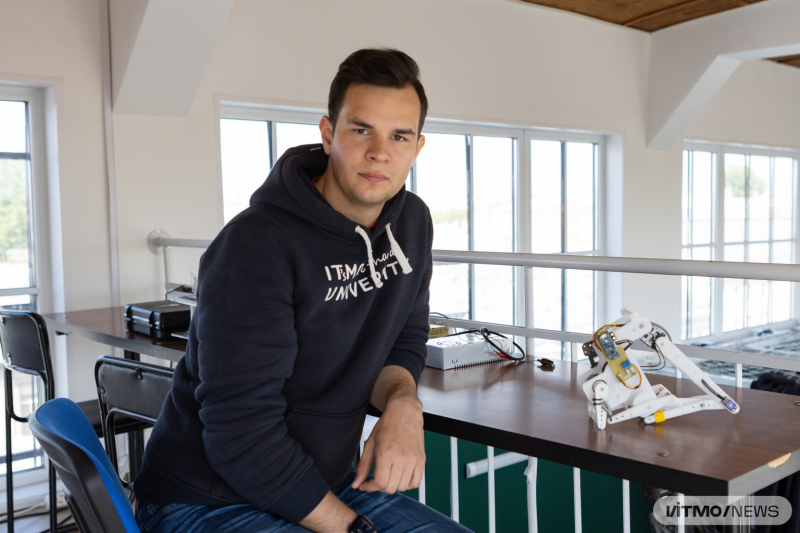
Ivan Borisov. Credit: ITMO.NEWS
